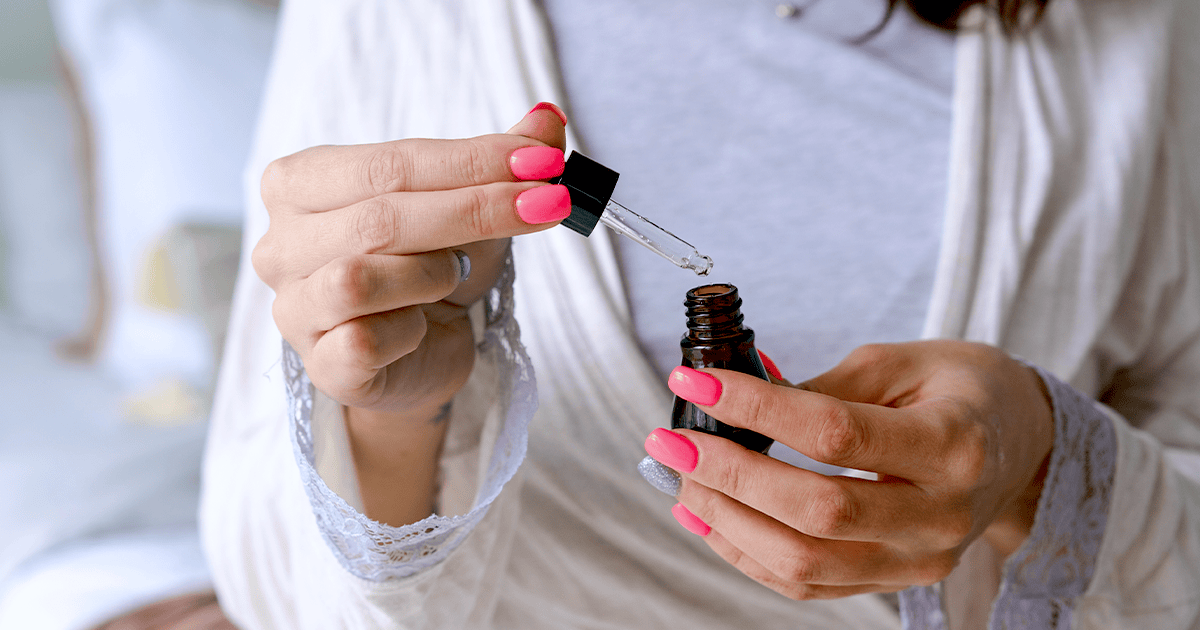In the rolling tide of women in wellness culture, we’re sold a mantra before our first squat: “It’s supposed to be good for you. That’s what everyone says about fitness.
Move your body, eat clean, stay consistent, stay focused.” But beneath those pep talks and filtered gym selfies, there’s a quieter, more exhausting story unfolding.
When Good Intentions Go Too Far

Most women lace up their trainers chasing strength, stress relief or simply a fresh start. A few gym sessions a week, a new meal plan, maybe a group challenge—suddenly they feel like superheroes in leggings.
Yet when life’s thrown curveballs—stress, relationship dramas or loneliness—fitness can morph into a hiding place. Routines become lifelines, nutrition plans turn into rule books, and what began as self-care morphs into a prison of progress bars.
They tell themselves: if I can’t fix my career, at least I can fix my calories. If I can’t tame my anxiety, I can control every rep, every step, every bite.
And let’s be honest—it doesn’t feel like an addiction. It feels like strength. Until that strength forks into an obsession and every app notification feels like a lifeline.
Chasing Praise
Every “like” on a gym selfie. Every comment that says “goals” or “you look amazing.” It’s uplifting at first, even addicting.
But soon, the applause becomes the point. When those thumbs-up dwindle, it can sting worse than missing a deadlift. It’s no longer just about being healthy—it’s about being seen as healthy.
Under the filter and the flex, panic bubbles at the thought of missing a session. Guilt creeps in after one off-plan snack. Anxiety spikes if the scale doesn’t play nice.
This isn’t just internet addiction—it’s an emotional, physical and social entanglement. Friends fade away if they don’t share the same green-juice gospel.
Vacations get skipped. Even last-minute dinner invites feel like threats. And by the time the weight of it all becomes unbearable, it’s hard to admit you’ve fallen for something that paraded as health.
The Kind of Help That Actually Works
Not every woman in wellness needs to ditch her dumbbells. The point isn’t to shame strength goals or villainise movement—it’s about spotting when the healthy undercurrent has become a tsunami.
That’s where medical detox for women steps in as something different. As one expert puts it, “It’s not about punishing someone for going too far—it’s about offering a way back to balance.”
Unlike programs targeting substances alone, this care tackles the full picture. It helps women safely step away from routines that control them, reconnect with their emotions and rebuild identity beyond strict meal plans and workout streaks. “They don’t have to be perfect, strong, or high-achieving.
They just have to be honest, and that’s often the hardest part to do alone.” It’s about more than stopping a behavior—it’s about healing why the grip got too tight in the first place.
Rediscovering Rest
Once the pressure valve opens, many women realise how bone-weary they’ve been—body, mind and spirit. Rest becomes a refuge rather than a fear.
Food returns to nourishment, not numbers. Movement morphs back into joy, not penance. And suddenly, life stretches out beyond rigid timetables.
Healing from fitness obsession isn’t quitting the gym forever. It’s learning to live without fear when things aren’t “on track.”
It’s saying yes to last-minute plans, enjoying treats guilt-free and shrugging off a skipped session without spiralling. It’s real freedom—and for many women in wellness, the first true exhale in years.
Letting go isn’t failure. It’s choosing peace over performance. It’s choosing to be whole, not just high-achieving. And that choice? Always worth making.





